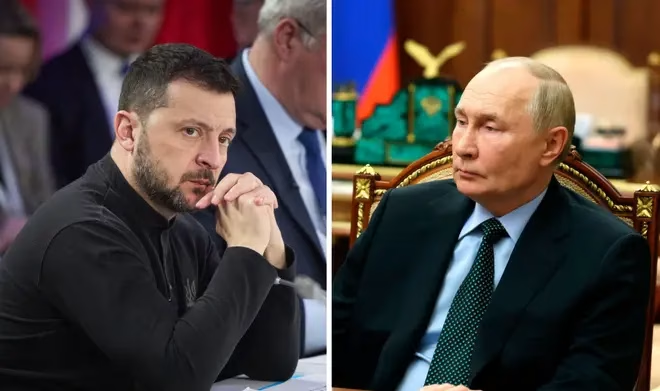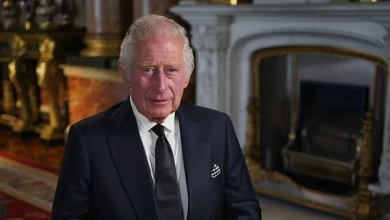Russia demands sanctions lift before Ukraine maritime ceasefire begins

- EU restricted Russian access to SWIFT
- US announces unclear maritime ceasefire
- Ukraine controls Black Sea, Russia gains agricultural boost
After Russia’s full-scale invasion of Ukraine, the EU and its allies restricted several Russian financial institutions’ access to the SWIFT banking system. This move aimed to disrupt Russia’s ability to conduct smooth and instantaneous financial transactions, particularly impacting payments for its vital energy and agricultural exports.
Reversing this action would require EU approval, and this seems uncertain given the recent European support for Ukraine. A spokesperson from the European Commission stated that one of the key conditions for lifting or altering sanctions would be the full withdrawal of Russian forces from Ukraine.
On Tuesday, US President Donald Trump suggested that Russia may be trying to delay the war’s end. “I think that Russia wants to see an end to it, but it could be they’re dragging their feet. I’ve done it over the years,” he said in an interview with Newsmax.
The United States announced a maritime ceasefire following three days of peace talks in Saudi Arabia. However, conflicting statements from Kyiv and Moscow arose regarding the specifics of the deal, including when it would begin and how it would operate.
Ukrainian President Zelensky believed the deal did not require sanctions relief to take effect and was set to begin immediately. He accused the Kremlin of attempting to manipulate the agreement.
While the Black Sea has not been a major battlefield recently, in the early stages of the war, Ukraine successfully targeted Russia’s fleet in Crimean ports. By last summer, Ukraine reported having destroyed 28 Russian vessels. As a result, the remaining Russian fleet moved south and east to Russian and Abkhazian ports. Ukraine, meanwhile, has managed to export goods—especially grain—via shipping routes along the western edge of the Black Sea, reaching near pre-war export levels.
Therefore, even if a maritime ceasefire is implemented, it is unlikely to shift the war’s dynamic, as ground battles remain the main focus. However, Dr. Jenny Mathers, a senior international politics professor at Aberystwyth University with expertise in Russian politics, argued that the ceasefire could give Russia a significant advantage, as it struggles to export agricultural products. “Ukraine has managed to export a lot of its agricultural produce via the Black Sea, and it has successfully targeted Russian shipping, so Russia currently cannot use the Black Sea,” Dr. Mathers said.
The Black Sea Grain Initiative, established in 2022, facilitated safe passage for commercial ships traveling to and from Ukraine, with UN support helping Russia ship food and fertilizer exports. Russia withdrew from the agreement in the summer of 2023, citing the impact of financial sanctions and threatening any vessels bound for Ukraine as military targets.
A maritime ceasefire could potentially protect Ukrainian ports from Russian airstrikes. Dmytro Pletenchuk, a spokesperson for the Ukrainian navy, explained, “For us, a ceasefire is primarily a cessation of shelling of civilian port infrastructure.” He added, “As of now, we control the situation at sea, including in the Black Sea, the Azov Sea, and around temporarily occupied Crimea. For us, the situation would not really change anything.”
Following the announcement of the ceasefire, the US reiterated that all parties would continue working toward a “durable and lasting peace” and emphasized that the agreement would reopen a crucial trade route. The US also noted that both Ukraine and Russia had committed to developing measures to implement a previously agreed ban on attacks on each other’s energy infrastructure.
The Black Sea borders Ukraine to the south and Russia to the west, as well as Romania, Bulgaria, Turkey, and Georgia. It also borders parts of Russian-occupied Ukraine, including Crimea.






